Switzerland in motion: 2017 in review
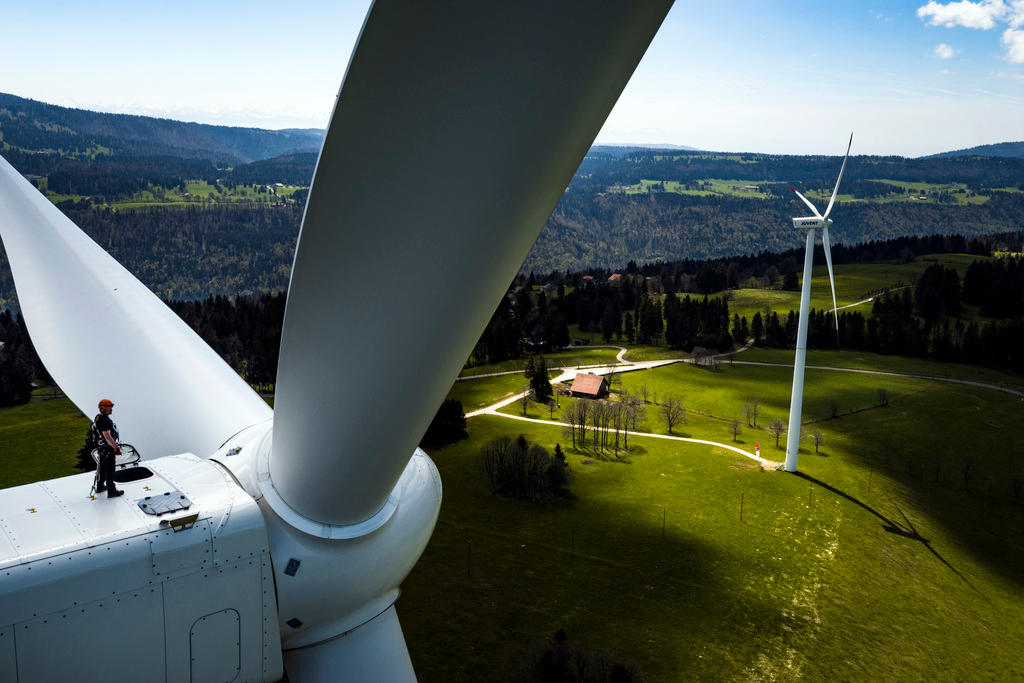
Looking back, 2017 has been a year of motion. Technology has put movement into the economy, heat has created disturbances in nature, and the country has been shaken by cases of sexual abuse. Politics is the only area to have remained calm: progress has stalled on some major issues.
Politics: Big projects shelved
Health insurance premiums are rising again, the pensions system is still a work in progress, and corporate tax reform remains blocked. 2017 has been a lost year for Swiss politics. Well, almost – there is also some new energy.
The political right logged its first defeat of the year with plans to reform corporate taxes. Switzerland must tax its companies in line with international standards. But if Swiss taxes on companies that operate internationally are too punishing, these businesses will move elsewhere, taking jobs with them, the advocates of the tax reform proposal argued. Yet if taxes are too low, small and medium-sized companies will end up bearing the brunt of the corporate tax burden, argued the majority of people. The draft is dry, complex and has many ramifications, some of which are intertwined. That contributed to a flat “no” in the February referendum and delivered a foretaste of the fate of the most important bill of the year, the pensions reform in the autumn.
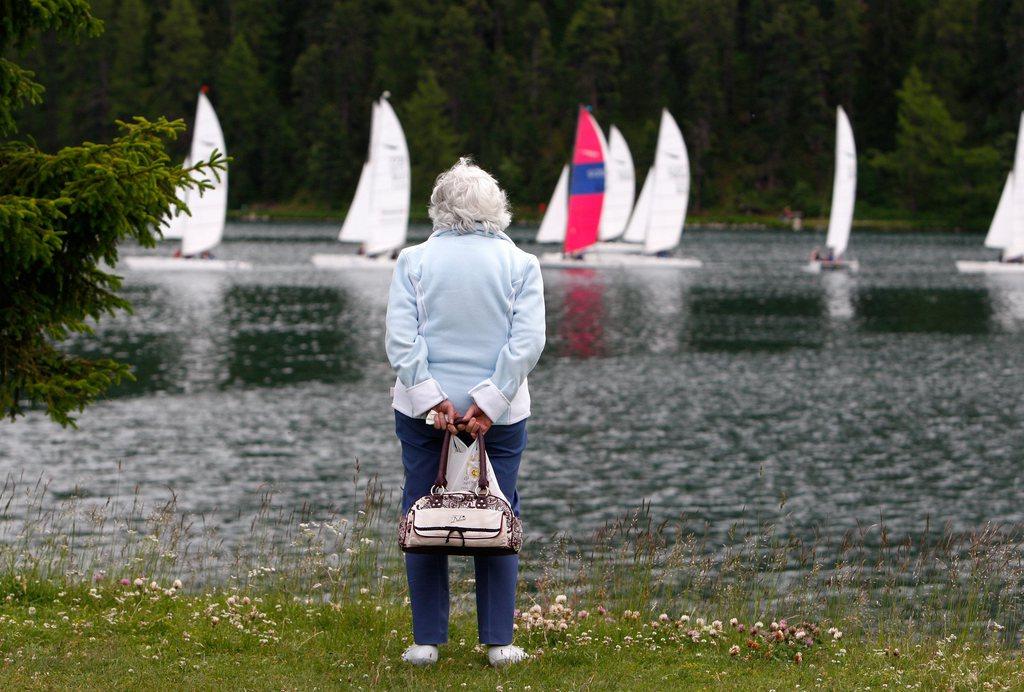
Here, it was the turn of the left to suffer a defeat. This bill too is complex and has ramifications, many of them intertwined. But the subject matter isn’t dry at all. It’s to do with ready cash, solidarity between the generations and one of Switzerland’s greatest welfare achievements: the Old age, survivors’ and invalidity insurance scheme. A majority of expatriate Swiss voted in favour, not least because, in the heat of the referendum campaign, the centre-right Radical Party taxed pensioners living abroad as second-class citizens. The votes of the diaspora didn’t help, however. The pension reform, presented by parliament as a perfect compromise, was narrowly rejected. Pensions therefore remain a huge work-in-progress at the interior ministry – as does the healthcare system, which is becoming increasingly expensive.
Has nothing moved in 2017? One thing. Switzerland endorsed an energy revolution, bidding farewell to nuclear power and saying hello to renewable energies. Energy Strategy 2050 should provide the country with a sustainable energy system. And there is a new foreign minister, Ignazio Cassis. With his arrival, Italian-speaking Switzerland has a representative in the seven-member government for the first time since 1999.
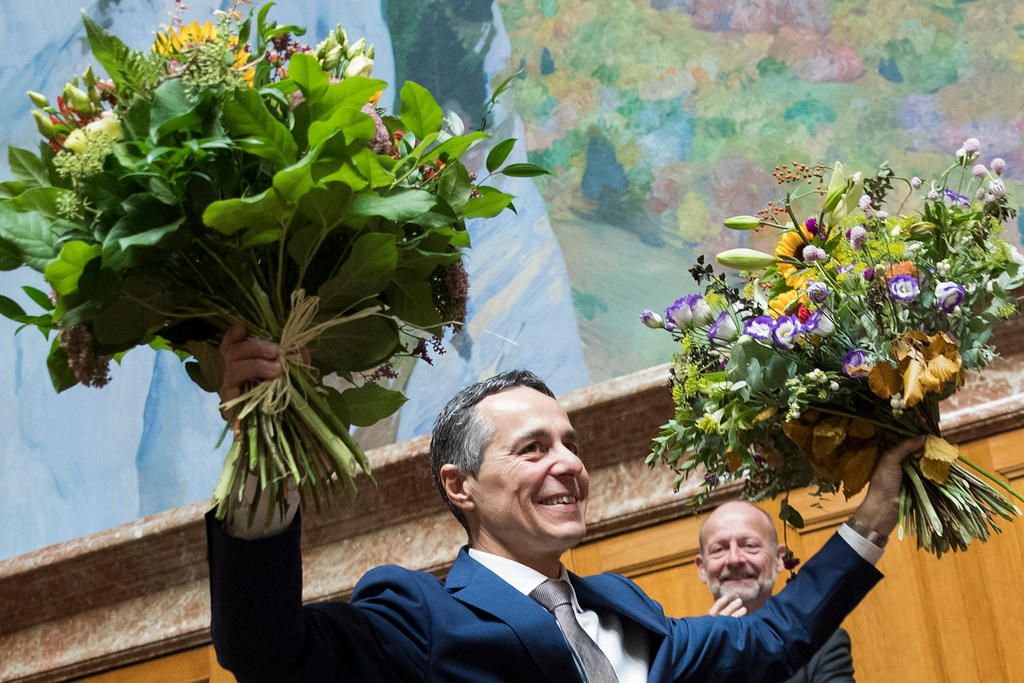
Business: Bitcoin, financial technologies and cannabis take off
The Swiss economy gained steam in 2017. A weak first half-year was followed by a considerably better second six months. The main engine for growth was an improvement in the world economy, which boosted Swiss exports. Sectors which are important for Switzerland profited in particular, such as the watch industry and machinery manufacturing.
Over the whole year, GDP grew 1%, according to estimates. The unemployment rate is just above 3%, extremely low on an international scale.
One significant economic issue is digitalisation. Anyone who has not yet got their act together is now coming under increasing pressure. This especially applies to Swiss banks, which are traditionally one of the pillars of Switzerland’s economy. In consumer banking, the first fintech-solutions have already gained a foothold, but in the core businesses of asset management and private banking, the revolution has yet to come.
On the other hand, a subject that has long been an issue for Swiss expatriates was finally taken in hand by politicians – that Swiss banks should treat Swiss living abroad the same as those at home. Both houses passed the relevant initiatives through parliament.

2017 will go down as the year of the initial coin offering (ICO) and marked Switzerland’s entrance as a major global player in the wildly successful phenomenon. ICOs are unregulated and controversial means of crowdfunding by using cryptocurrencies, like Bitcoin.
Start-ups looked set to raise around $4 billion (CHF3.95 billion) in seed money globally by the end of this year by selling digital tokens, with more than $600 million attributed to Switzerland by mid-November.
So far, so good. But there was a fly in the ointment in the shape of a governance row at the Tezos Foundation; the Zug-based body housing hundreds of millions of assets raised one of the most successful ICOs of 2017. There were fears that this highly personal dispute could once again dent Switzerland’s corporate governance reputation.
All of which rather overshadowed other developments in the fintech scene. With bitcoin breaking through the $10,000 barrier for the first time in November, several start-ups moved into the crypto financial services space left empty by traditional banks. Other fintechs pushed ahead with rival products in the wealth management and insurance sectors. So far there have been no killer apps that threaten to disrupt the financial services sector, either from fintechs or established players, but one might not be too far away.
And the search goes on for a large-scale global blockchain application – a decentralised encrypted ledger – that offers serious efficiency improvements. Several Swiss-based firms looked at ways blockchain could transform such sectors as logistics, supply chain, health and law – and even improve the performance of charities and NGOs.
Another economic sector that has taken off is comparatively down-to-earth – the cannabis business. In 2017, the number of companies cultivating or trading a light version of cannabis spiralled. This is a form of cannabis which contains little of the intoxicant THC. Market experts estimate that the Swiss cannabis business could be worth several hundred million francs a year.
Environment: Glaciers melt, mountains crumble, species die out
This year has seen corpses emerge from melting glaciers, action plans to boost biodiversity, and formal approval of the Paris climate accord.
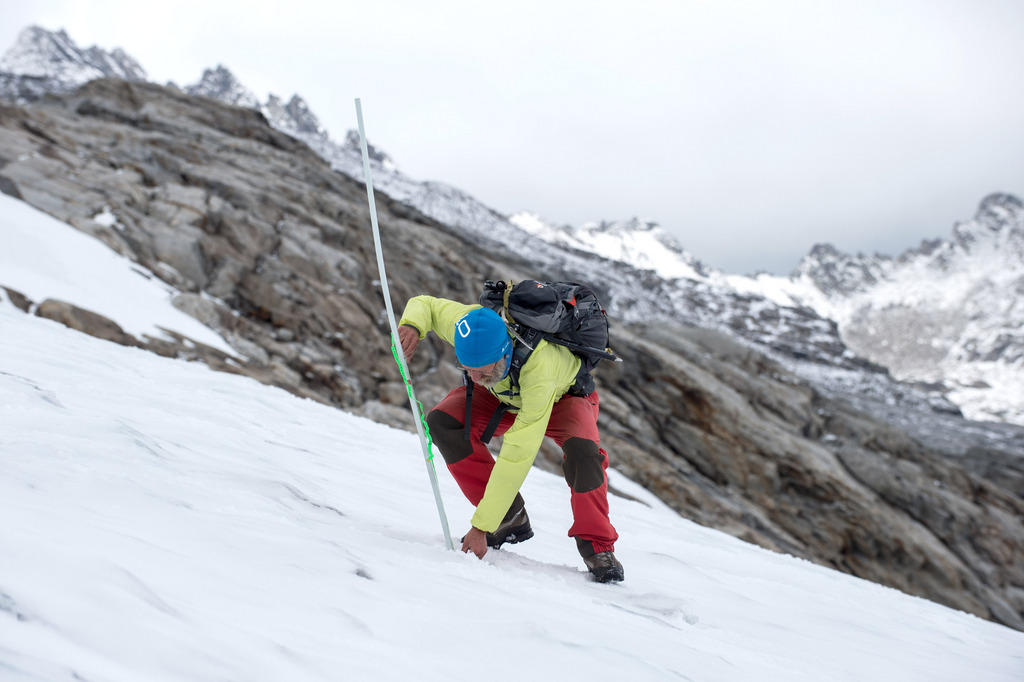
In 2017, Switzerland was the 149th country to ratify the climate deal agreed on by 195 nations at 2015’s COP21 climate conferenceExternal link. This commits Switzerland to halving its greenhouse emissions [compared to 1990] by 2030. The Swiss atmosphere has higher levels of CO2 than ever before.
After a dry and mild winter, Switzerland experienced its third-warmest spring and summer since measurements began in 1864, with average national summer temperatures 1.9°C warmer than the norm. This resulted in Swiss glaciers melting at an alarming rate, revealing frozen bodies that had been missing for decades.
Stormy weather in July and August resulted in devastation in parts of Switzerland. For example, a village near Zurich experienced its worst flood in history and a massive landslide struck a remote alpine village in eastern Switzerland – forcing inhabitants to evacuate for nearly three months.
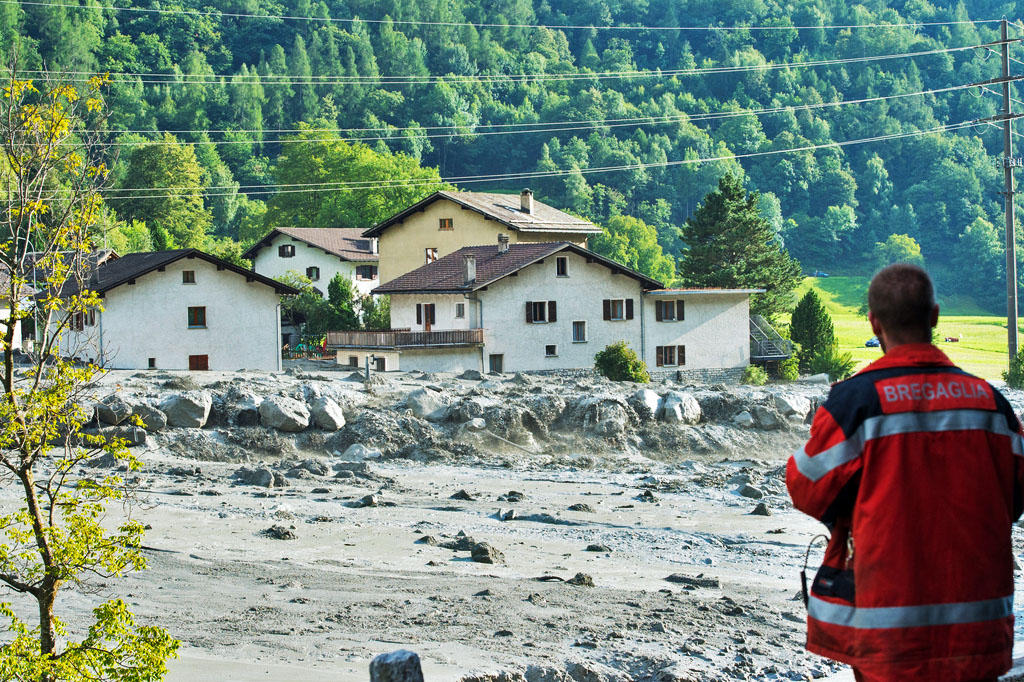
Also in 2017, the federal authorities created an action plan to boost Swiss biodiversityExternal link, increasing the annual budget from CHF30 million ($30 million) to CHF80 million. The first phase includes immediate steps like maintaining and rehabilitating protected areas as well as creating new forest reserves.
Environmental groups – impatient after five years of talk following the creation of the Swiss biodiversity strategy – came up with their own action planExternal link shortly before the authorities did. As co-authors BirdLife, Pro Natura and WWF Switzerland point out, their version includes more details about how civil society and economic stakeholders can help improve Swiss biodiversity.
Whether two plans are indeed better than one remains to be seen, but the problem is real, despite Switzerland’s natural beauty. A government report published in 2017 revealed that half of Switzerland’s natural habitats and more than a third of its animal and plant species were under threat – much more than in most European Union countries.
Society: Swiss cases of sexual assault
#MeToo or #balancetonporc: These hashtags define the end of the year 2017. Thousands of women recorded cases of sexual assault or harassment on social networks. It began in October in the United States with revelations about the Hollywood film producer Harvey Weinstein. Women reported publicly on their unpleasant experiences with men and triggered a tidal wave, which swept up famous and powerful people and rolled over Switzerland. In the first instance, the conduct of the Swiss Islam scholar Tariq Ramadan came in for scrutiny. Ramadan suddenly found himself confronted with accusations of rape, violence and harassment. He also stands accused of abusing students below the age of consent during lessons in Geneva. He rejects all the accusations and describes himself as the victim of a “slander campaign”.
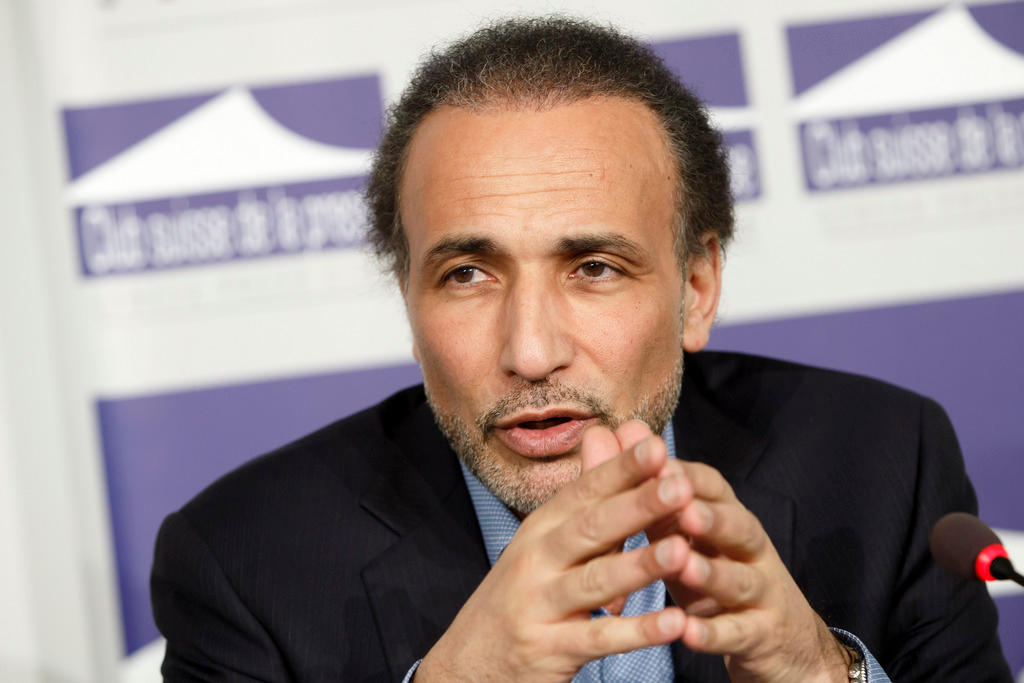
At the end of the November, a case concerning Yannick Buttet became public. A sexual harassment process against the Christian Democratic Party politician is underway. According to media reports, he was caught hiding in a bush in the garden of his ex-lover after stalking her. This scandal prompted politicians and journalists to criticise his behaviour in parliament – he is accused of “inappropriate gestures and uncontrolled sexual urges”.
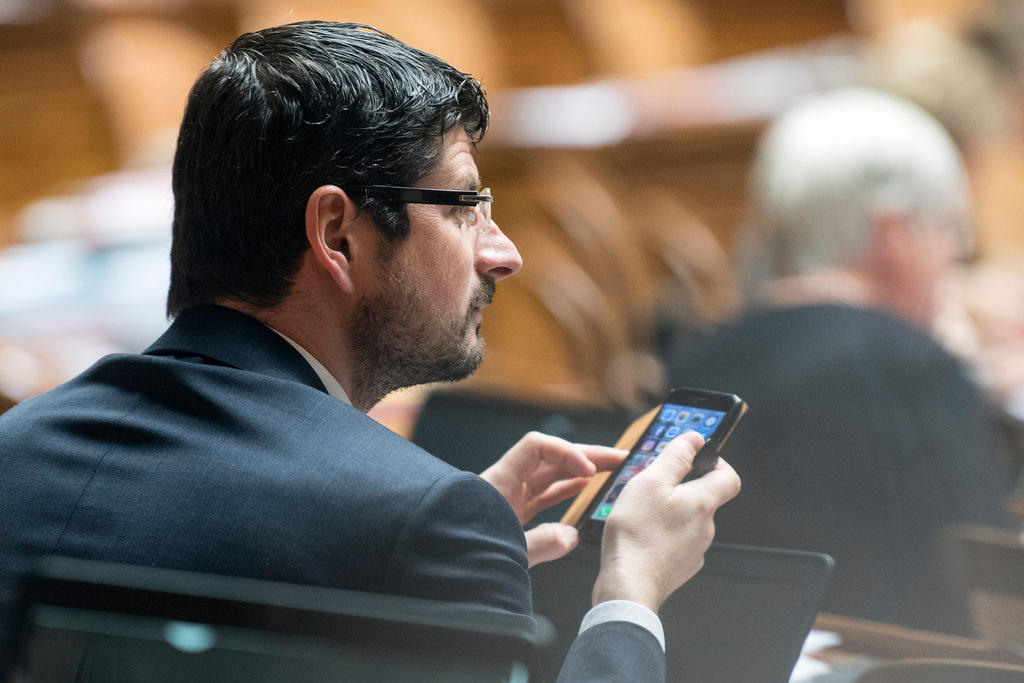
Buttet appears not to be alone. Female parliamentarians spoke anonymously of the inappropriate conduct of male colleagues. The Zurich University of Applied Sciences selected “harcèlement” (harassment) and #metoo” as the Swiss Words of the Year. The government established a centre to handle questions about sexual harassment and printed a brochure explaining to lawmakers the difference between harassment and flirting. At the end of December, Buttet stepped down as a member of parliament.
Culture: Divine orders and heavy stones
The past year has been a particularly impressive one for Swiss film. Two productions stand out. The animation “Ma Vie de Courgette” was made in 2016, but in 2017 the heart-warming tragicomedy about an orphan was not only the winner of the Swiss film prize, but came within striking distance of an Oscar and a Golden Globe.
The subject of how long it took for women in Switzerland to obtain the right to vote is a serious one. But with “Die göttliche Ordnung” (The Divine Order), the director and writer Petra Volpe proved that a film about it doesn’t have to be dry – instead it can be charming and subtle. Her story about the rebellious women of Appenzell who fought against the patriarchy for their civil rights in 1971 turned Swiss history into an international success and even garnered two awards at the Tribeca Film Festival. It has also been chosen as Switzerland’s official entry for a Foreign Language Oscar.
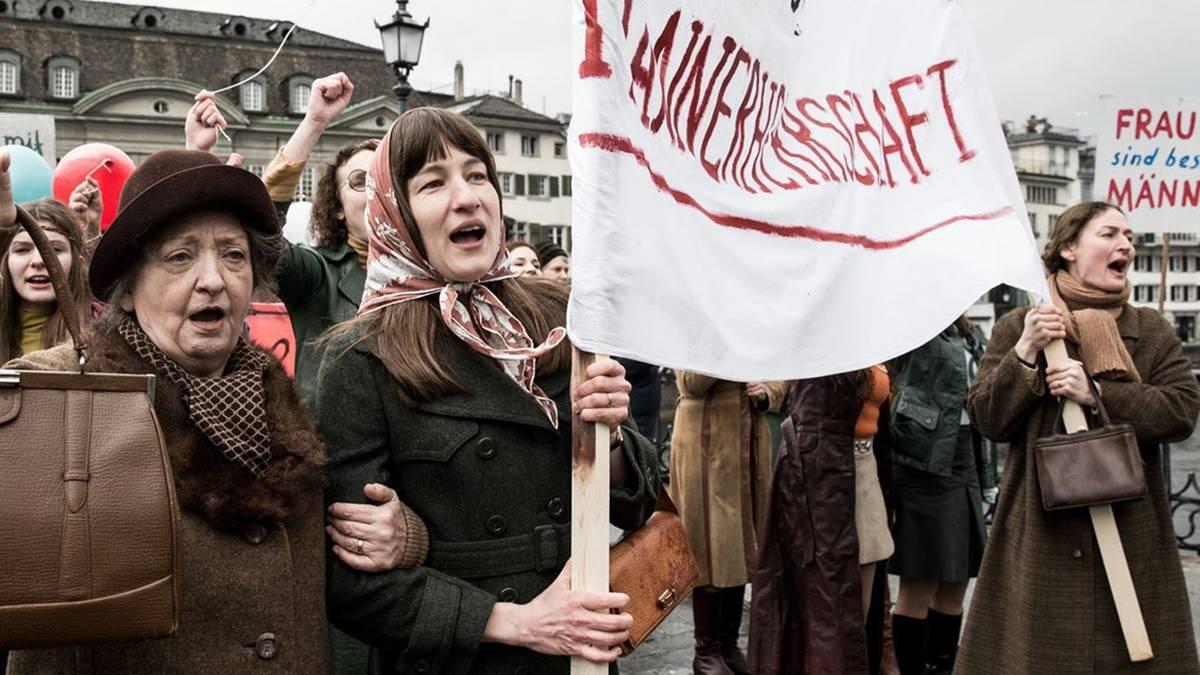
While some upheaved divine orders, others heaved heavy stones: In August, the legendary “Unspunnenfest” took place in Interlaken. This festival involving traditional dress and Alpine shepherds, which celebrates Swiss folk traditions including swinging flags, the sports of Hornussen, wrestling and in particular stone-throwing, is only held every 12 years. In 2017, bad weather in the Swiss summer meant that only 90,000 visitors turned up instead of the expected 150,000.
The art world experienced a highlight in the autumn with the opening of the long-awaited exhibition about the highly controversial Gurlitt inheritance at the Bern Kunstmuseum. The convoluted story about Hitler’s art dealer, confiscated masterpieces, a pile of money and hidden paintings has now reached an end that is accessible to all. Around 150 paintings of artistic and historic value are now on view in Bern.
Right at the end of the year, spirits in Basel are soaring: the Basel carnival gained recognition as the best carnival in Switzerland from authorities beyond biased locals. It is now registered on the UNESCO list of intangible cultural heritage of humanity – only the second Swiss entry after the Vevey wine festival. The Basel carnival is “an extremely multifaceted and lively tradition” which influences the spirit of the city politically, economically and socially, UNESCO said.

In compliance with the JTI standards
More: SWI swissinfo.ch certified by the Journalism Trust Initiative
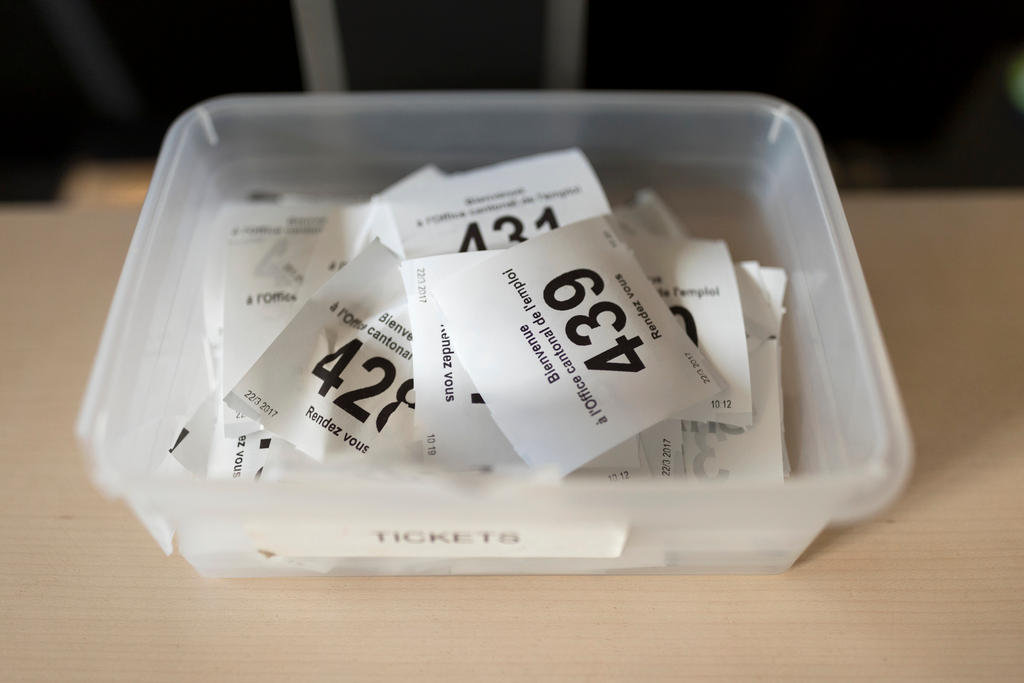
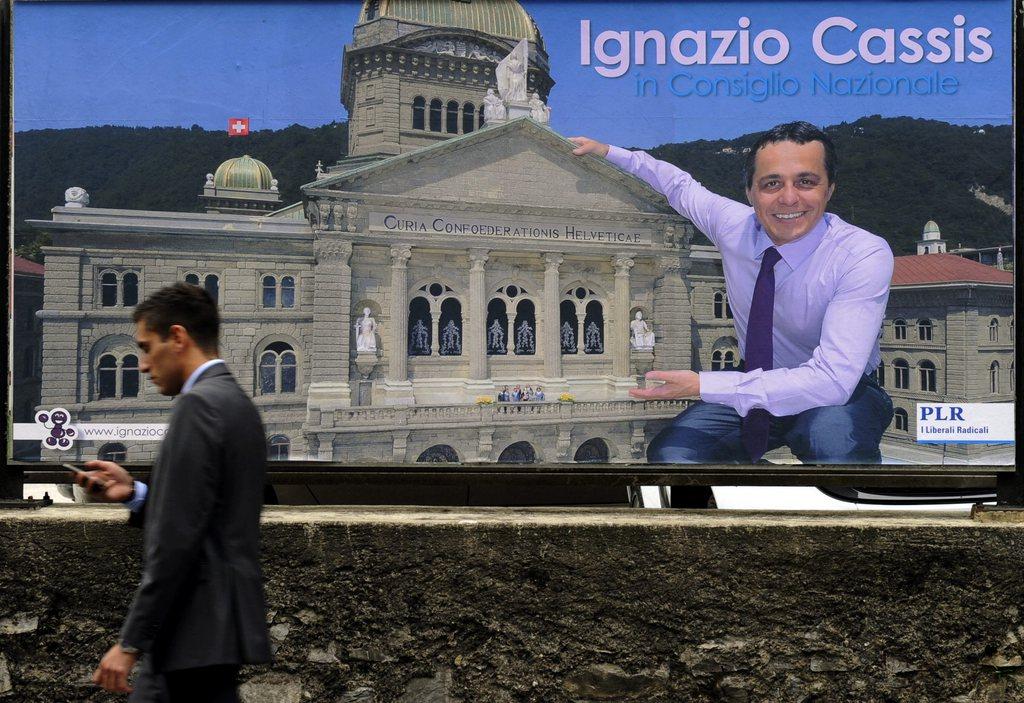
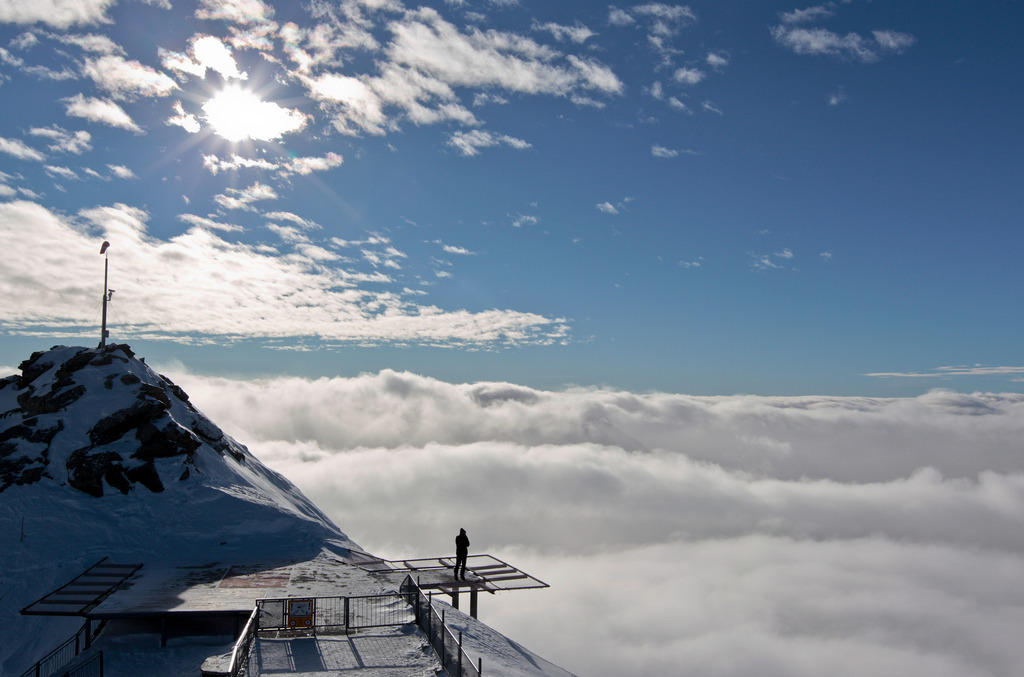
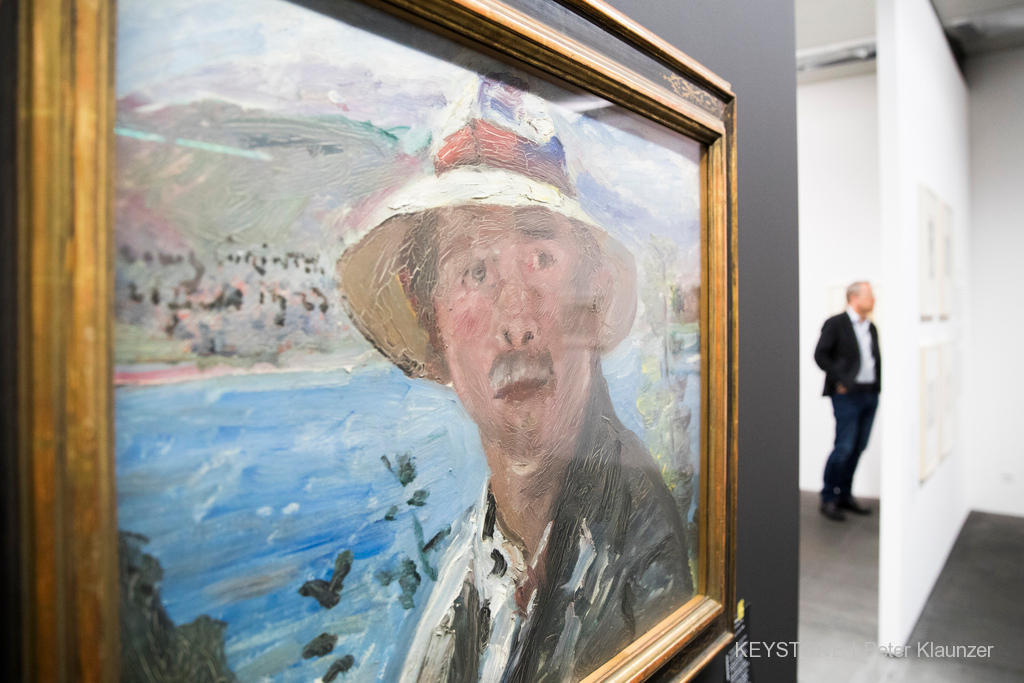
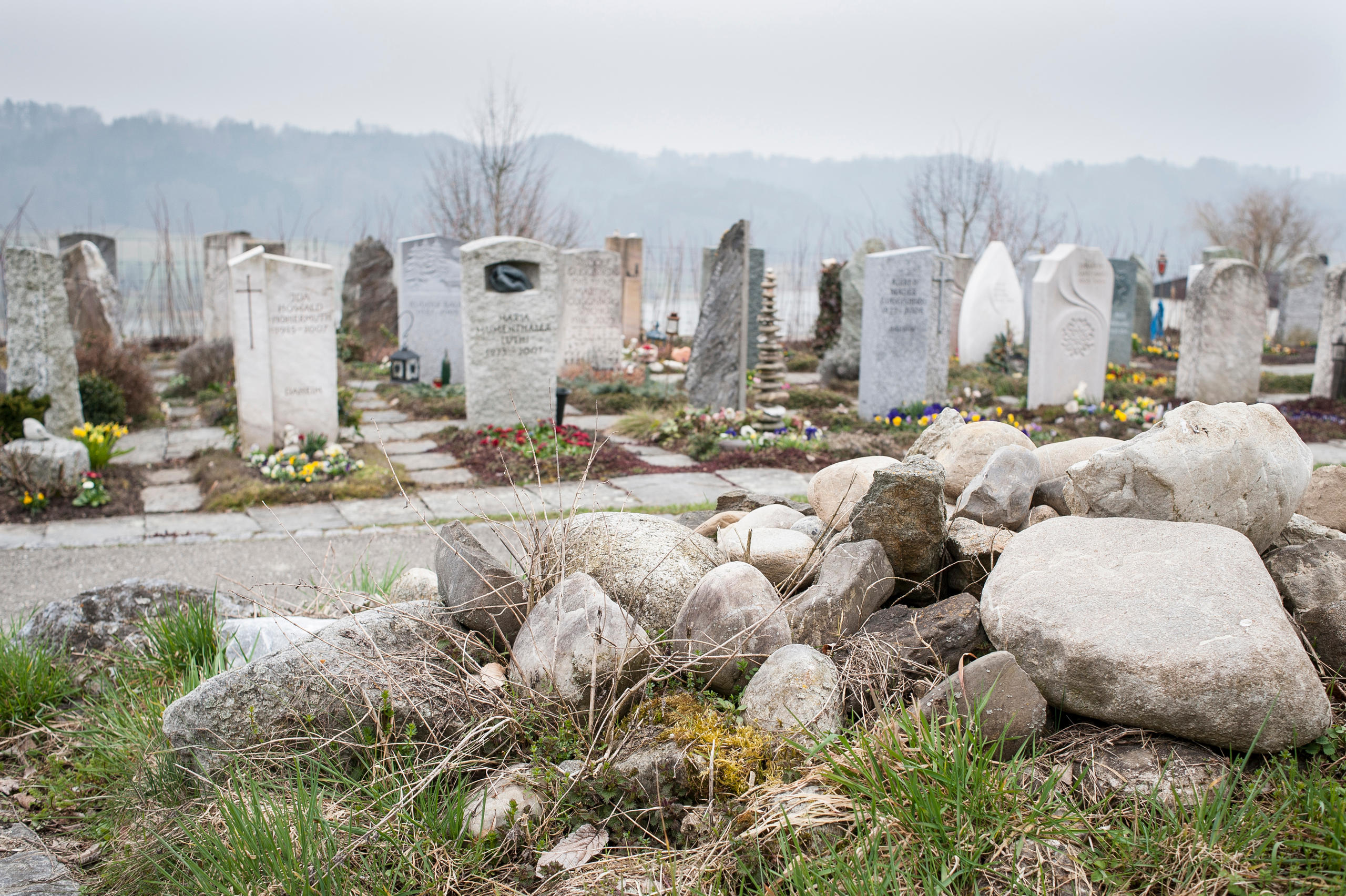
You can find an overview of ongoing debates with our journalists here. Please join us!
If you want to start a conversation about a topic raised in this article or want to report factual errors, email us at english@swissinfo.ch.